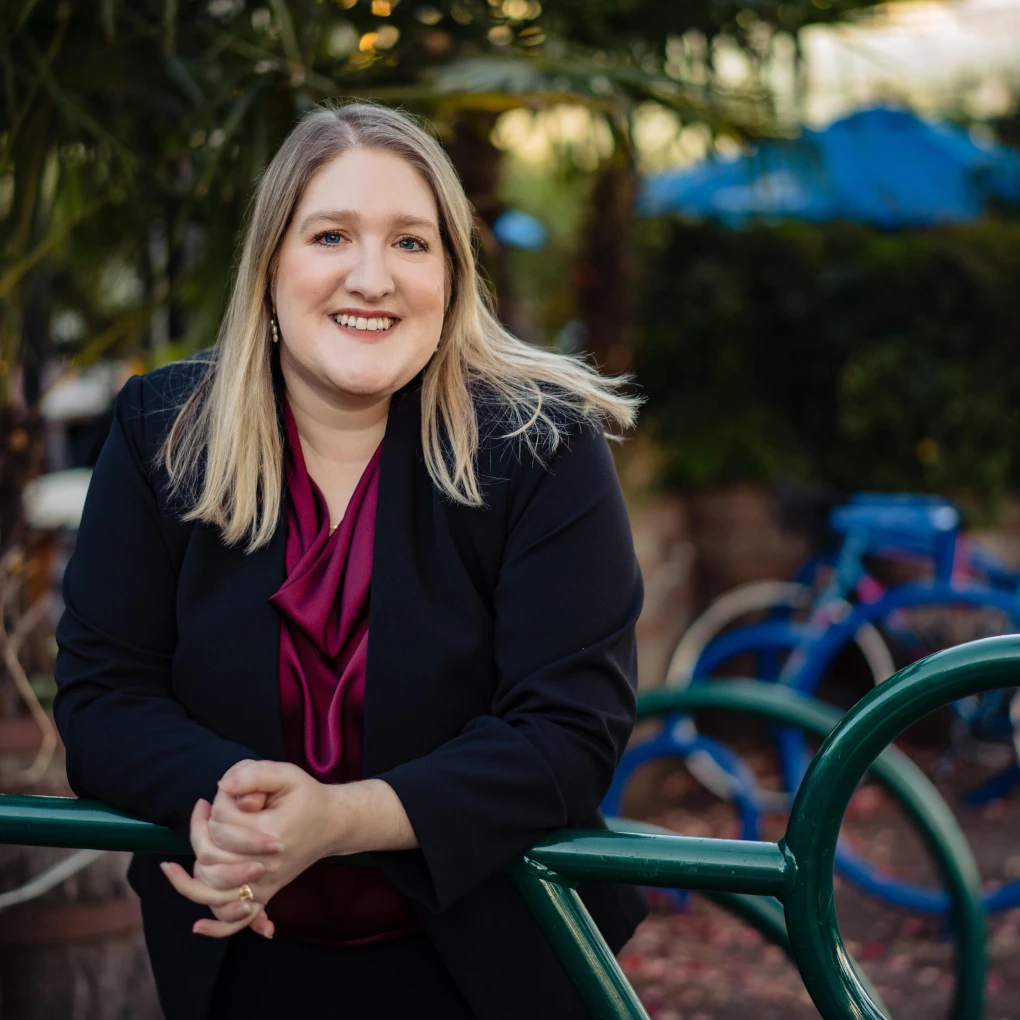What Is a Class Action Lawsuit?
When a group of people are experiencing the same legal problem, this could become a special
type of lawsuit called a class action. A class action is a lawsuit in which one or more persons
(“class representative(s)”) represents a large group of people experiencing the same legal
issue. In these cases, the group was harmed by a common defendant. For example, a group of
pizza delivery drivers may sue their employer for being denied rest and meal breaks while at
work, or bank customers may sue their bank for charging all customers the same hidden fees.
Class actions are an extremely valuable tool because they provide strength in numbers. If one
delivery driver was denied rest and meal breaks, it may not be very powerful in court. However,
if it can be proved that many delivery drivers experienced this issue, it allows them to come
together and dispute the employer’s unlawful actions as a group.
How Do Class Actions Start?
Class actions begin when one or more individuals brings a legal issue to a class action lawyer.
Then, they must ask a court to approve the case by certifying the class. Once a class is
certified, all members of the group become members of the lawsuit. This group of members is
called a class.
To become a class action, the case must meet four requirements under Rule 23 of the Federal
Rules of Civil Procedures:
1. Numerosity: The class must include a large number of individuals. While there is no set
number, typically 40 individuals are considered enough for a class;
2. Commonality: The class members must all be experiencing a common problem with a
common defendant;
3. Typicality: The legal claims of the class members must all be similar to the legal claims
of the class representative(s); and
4. Adequacy: The class representative(s) and lawyers must be dedicated to pursuing what
is in the best interest of all class members.
Depending on whether the class members are seeking money, policy change, or something
else, there are other requirements the class must meet, such as “predominance” (that common
issues predominate over individual ones) and superiority (that a class action is the best way to
redress the class’s injuries).
When it comes to the trial, most class members are not directly involved in the case. Instead,
the case is led by at least one class representative—typically the person who originally brought the issue to a lawyer. The class representative is more involved in the case and will serve as the
main plaintiff in the case.
How Do Class Actions Start?
A class action runs very similarly to a typical civil case, but with a few notable additions.
The Lawsuit:
First, a lawyer, or a team of lawyers, must decide if you have an actionable claim. If the claim is
actionable, they will file the lawsuit. This process begins by drafting a complaint. In a class
action, the complaint will include a description of who should be a member of the proposed
class. Depending on the issue, the class could either represent individuals in the state where
the case started, or across the country.
Discovery:
Discovery is the term used for the investigatory phase of the lawsuit. Lawyers can request
documents and information from the defendant, and the defendant can also request documents
from the class representative(s). The lawyers can also conduct depositions, which are sworn
interviews that can be used just like testimony given in court.
Class Action Certification:
Once a complaint has been filed and some discovery has been done, a judge will determine if
the case should be certified as a class action. If the judge agrees that the class action meets the
requirements, they will certify the class. If the judge does not agree, the case would proceed
only on behalf of the individual who filed the complaint.
Settlement or Trial:
Once the lawyers have collected enough evidence, they can present it in court. But, many class
actions never go to trial. Instead, many defendants being sued choose to settle rather than go to
trial. If a defendant chooses to settle, the settlement agreement must be approved by the judge.
The defendant will then pay into a fund that will compensate the class.
If a defendant chooses not to settle, the case will continue to trial and be presented to a fact
finder, either a jury or the judge. At trial, the lawyers will present all their evidence, and the
defendant has an opportunity to do the same. The class representative(s) can be called to
testify in trial, as well as other witnesses, including potentially some class members. Then, the
jury will either rule in favor of the class or the defendant.
Notice to the Class:
There are two times when class members may receive a notice about the case.
First, if the judge agrees the case meets the requirements for a class action, class members will
receive a notice of that decision. At that time, class members can also tell the lawyers if they do
not want to be a class member. But, if a person chooses not to be in the class, they will not be
entitled to money if the case is resolved in favor of the class.
Second, if a case has been resolved, class members may be notified that a case has been
resolved. If a case only requires injunctive relief, then the class would not need to be notified.
But, if the case involves a monetary recovery, then the class will be notified about how to get
their share of money from a settlement or judgment after trial. The notice will inform class
members of the settlement, their right to opt out of the case if they choose, and how to receive
their portion of the settlement money. If the resolution does involve a monetary recovery, the
class fund will be distributed after the judge approves the settlement.
How Do Class Action Lawyers Get Paid?
In a class action, lawyers may get paid in one of two ways. Often, class action lawyers get paid
a percentage of the class fund. This amount must be listed in the final settlement agreement
and be approved by the judge.
In other cases, the lawyers may get paid separately from the money they recover for the class.
This might happen when the law provides that the lawyers are entitled to collect their fees and
costs when they are successful. In these circumstances, the lawyers can be paid directly by the
defendant, separate from the money the defendant pays into the fund for class members.
Sometimes, cases take years to accomplish successfully and the lawyers fighting for you in a
class action will not get paid for that case until it is complete.
Think you might have a case?
Class Actions Team
Appeals Victories
No Forced Arbitration for Pizza Delivery Drivers
Burnett v. Pagliacci Pizza, Inc.,
In 2020, Terrell Marshall defeated an appeal to the Washington Supreme court of an order denying a motion to compel arbitration in a class action brought on behalf of pizza delivery drivers. The Washington Supreme Court’s decision clarifies the general contract rules that apply to making arbitration agreements.
Protecting Out-of-State Consumers Victimized by Washington Debt Collectors
Thornell v. Seattle Service Bureau, Inc.
Terrell Marshall fought on behalf of a consumer who received false and misleading debt collection letters at her Texas home, which were sent by a Washington-based debt collection company on behalf of an Illinois-based insurance company. In 2015, the Washington Supreme Court reaffirmed the remedial purpose and expansive scope of the Washington Consumer Protection Act, and in 2016 that out-of-state consumers can sue under the Washington State Consumer Protection Act.
Defending the Rights of Agricultural Workers
Sakuma Brothers Farm Settlement
Terrell Marshall filed suit on behalf of migrant and seasonal agricultural workers for alleged violations of state wage and hour laws and the federal Agricultural Worker Protection Act. The parties reached a settlement that requires payment of $850,000, substantial injunctive relief, and agreed that two questions be reserved for court resolution, including: whether Sakuma must separately pay workers for their rest break time, and if so, at what rate Sakuma must pay for rest break time. The district court granted the workers’ motion to certify these questions to the Washington Supreme Court. In 2016, the Washington Supreme Court announced a unanimous decision in favor of our clients. The ruling ensures protections for all agricultural workers in Washington, by confirming that agricultural employers must pay their piece-rate workers separate compensation for their rest break time at their regular rate of pay.
Think you have a case?
If you think your rights have been violated, we’ll help you determine if you have a case.














